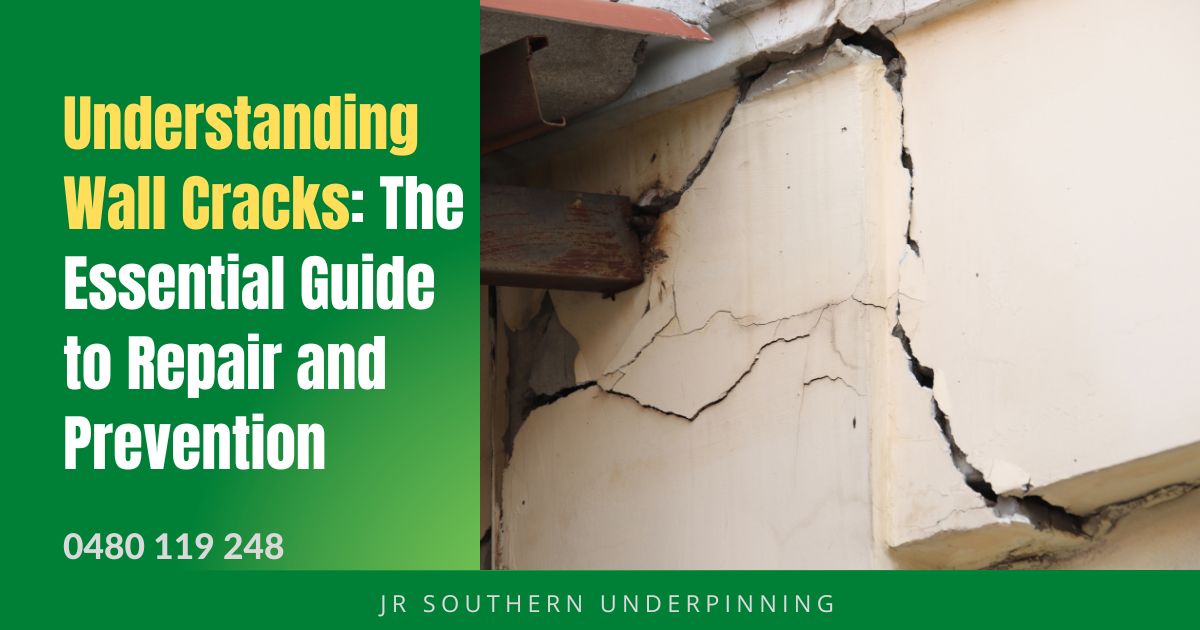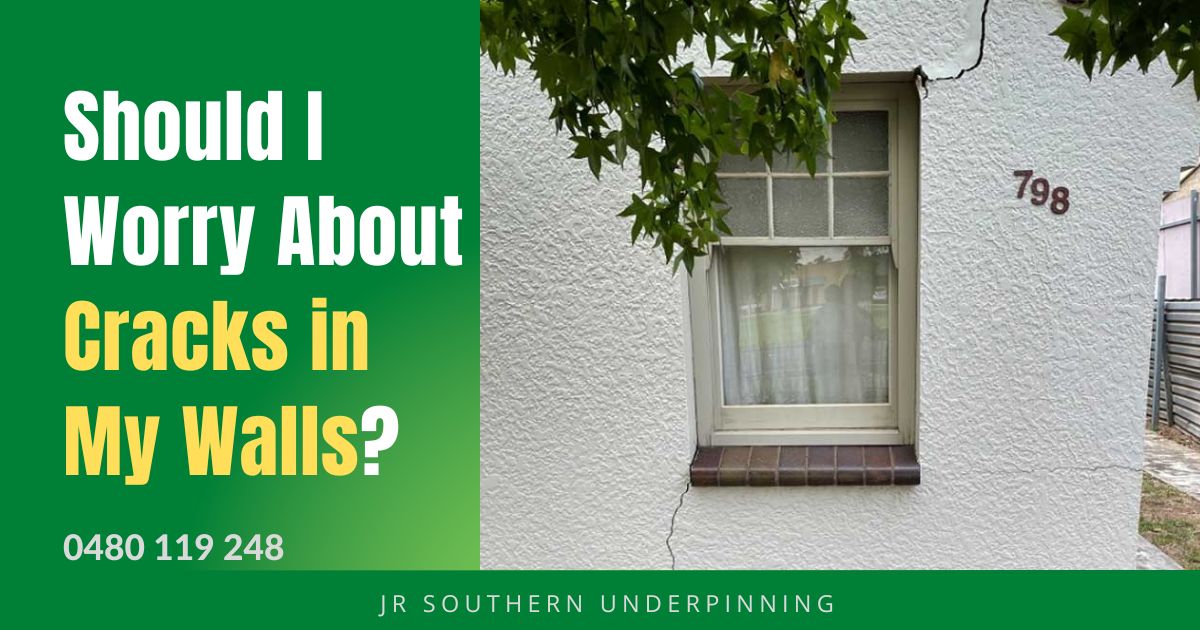Have you noticed any cracks on your walls lately? Don’t worry, you’re not alone. Wall cracks occur for various reasons, such as settling the foundation, humidity changes, or even a structural issue.
This comprehensive guide will help you understand what wall cracks mean and how they can be repaired and prevented.
Types of wall cracks
Before repairing or preventing wall cracks, it is essential to identify the type of wall crack. Some cracks are harmless, while others may indicate underlying issues that require immediate attention. The three common types of wall cracks are:
- Hairline cracks are tiny cracks that are less than 1/8 inch in width. Typically, they are cosmetic issues and not a cause for alarm.
- Stress cracks may occur due to a shifting foundation and are more comprehensive than hairline cracks. They are typically seen near doors and windows.
- Structural cracks may indicate a serious problem and require a professional inspection. Structural cracks are typically wider than ¼ inch, jagged or diagonal in shape.
Causes of wall cracks
Understanding the cause of wall cracks is essential to prevent them from reoccurring or escalating. Some of the common causes of wall cracks include:
- Weather changes
- Humidity
- Settling foundation
- Poor construction
- Environmental factors
- Poor maintenance
Prevention of wall cracks
Prevention is better than cure! Simple precautions such as proper drainage around the foundation, regular inspection and maintenance, and proper ventilation can go a long way in preventing wall cracks. Other preventive measures include:
- Regular cleaning
- Properly sealing windows and doors
- Adding insulation
- Installing a dehumidifier
- Hiring a professional to inspect your walls regularly
Repairing wall cracks
If you have noticed cracks in your walls, don’t worry; we’ve got you covered. The type of repair needed depends on the type of wall crack present.
- Hairline cracks can easily be repaired with spackling paste.
- For stress cracks, you may need to cut out the damaged part of the drywall and replace it with a new piece of drywall.
- Structural cracks require professional attention as they indicate major structural issues. A professional can help you identify the root cause and recommend the necessary repair or replacement.
Conclusion:
In conclusion, wall cracks may seem minor, but it is always essential to identify the type of crack and the cause to prevent further damage. Regular inspection and maintenance are crucial to prevent wall cracks, and if you notice any type of wall crack, it’s best to hire a professional to determine and fix the problem – and this is where we come in.



